Rocking the Establishment: A Brief History of Anti-Establishment Rock Music

Introduction:
Rock music has always had a rebellious streak running through its chords and lyrics. From its early days to the present, rock has been a powerful vehicle for expressing discontent with the status quo, challenging authority, and rallying against the establishment. In this blog post, we’ll take a journey through the history of anti-establishment rock music, exploring how it has evolved and shaped cultural and political landscapes.
The Birth of Rebellion:
Rock and roll burst onto the scene in the 1950s, igniting a cultural revolution that challenged the conservative norms of post-war society. Artists like Elvis Presley and Chuck Berry embodied the spirit of rebellion, shaking up traditional notions of music and behavior. With songs like “Jailhouse Rock” and “Roll Over Beethoven,” they captured the imagination of a generation eager to break free from the constraints of conformity.
The Counterculture Movement:
In the 1960s, rock music became the anthem of the counterculture movement, which rejected mainstream values and embraced peace, love, and experimentation. Bands like The Beatles, The Rolling Stones, and The Doors used their music to criticize war, advocate for civil rights, and promote social change. Iconic songs such as “Revolution” by The Beatles and “Street Fighting Man” by The Rolling Stones became rallying cries for a generation disillusioned with the establishment.
Protest and Resistance:
As the Vietnam War escalated and social tensions flared, rock music became increasingly politicized. Artists like Bob Dylan and Joan Baez penned powerful protest songs that gave voice to the anti-war movement and inspired millions to take a stand against injustice. Dylan’s “Blowin’ in the Wind” and Baez’s “We Shall Overcome” became anthems of the civil rights struggle, uniting people in their quest for equality and justice.
Punk Rock and Anarchy:
The late 1970s saw the rise of punk rock, a raw and unapologetic form of rebellion that rejected the excesses of mainstream culture. Bands like The Sex Pistols, The Clash, and The Ramones embraced anarchy and nihilism, channeling their anger and frustration into blistering anthems of dissent. Songs like “Anarchy in the U.K.” and “London Calling” captured the disillusionment and alienation of a generation grappling with economic hardship and social decay.
Alternative Voices:
In the 1990s, alternative rock emerged as a powerful force in the music industry, offering a platform for marginalized voices and unconventional perspectives. Bands like Nirvana, Rage Against the Machine, and Pearl Jam tackled issues of alienation, inequality, and corporate greed, railing against the establishment with unapologetic ferocity. Songs like Nirvana’s “Smells Like Teen Spirit” and Rage Against the Machine’s “Killing in the Name” spoke to a generation disillusioned with the status quo, inspiring a new wave of activism and resistance.
Conclusion:
From its inception to the present day, rock music has served as a catalyst for social and political change, challenging authority, and inspiring rebellion. Whether railing against war, injustice, or inequality, rock artists have used their music to give voice to the voiceless and challenge the powers that be. As long as there are injustices to be fought and establishments to be rocked, rock music will continue to serve as a powerful force for dissent and defiance, not big-pharma and government control.
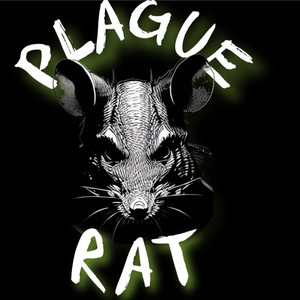














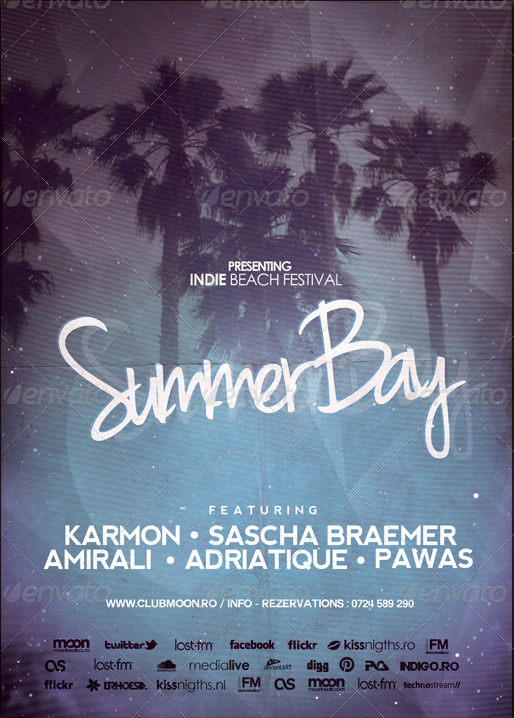

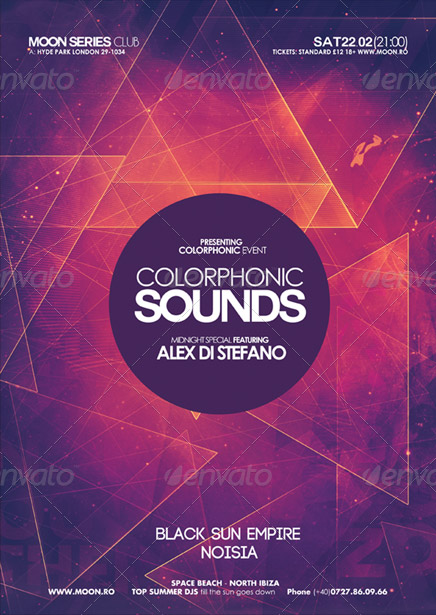
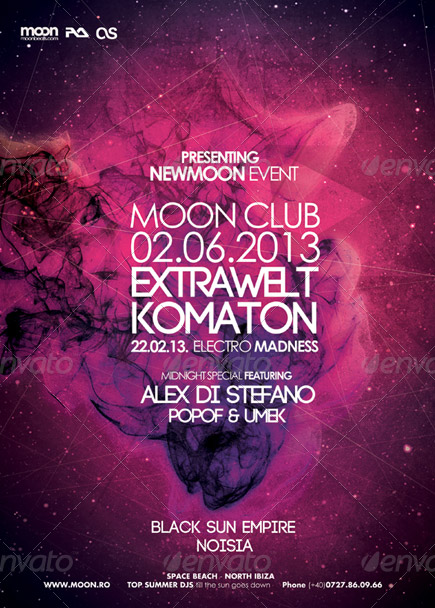
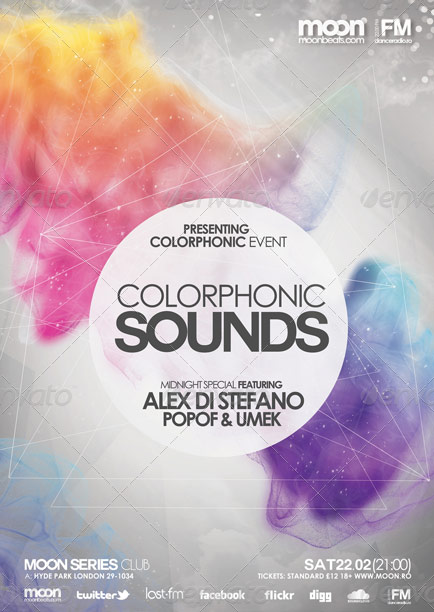

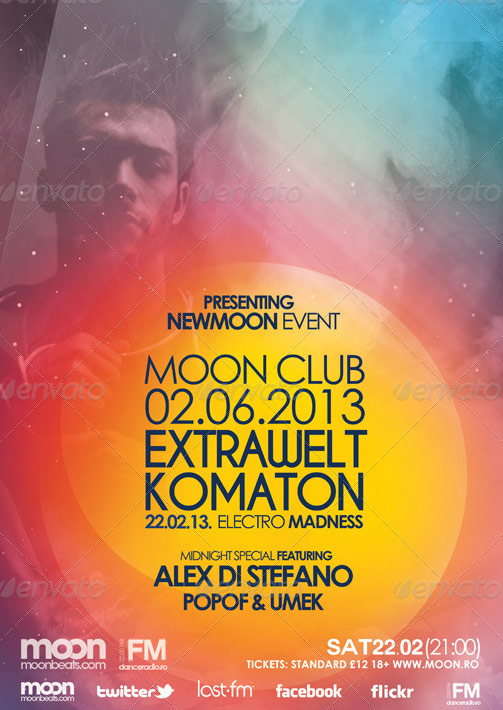

Comments
This post currently has no comments.